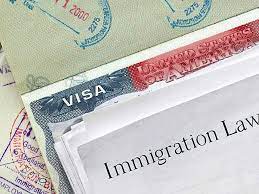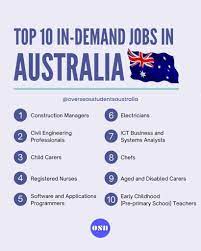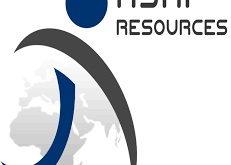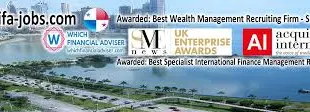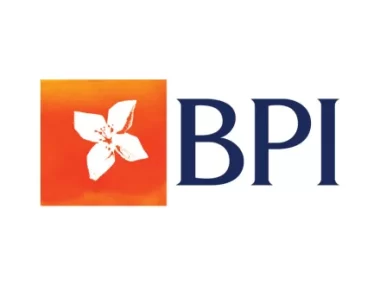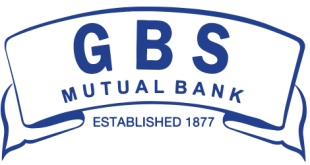What is an H1B Visa: Understanding the US Work Permit System
The question commonly posed is, “What is an H1B Visa?” An H1B visa is a nonimmigrant visa enabling U.S. companies to hire foreign workers at the graduate level.
Eligibility hinges on possessing a bachelor’s degree or higher, or equivalent professional experience in the pertinent specialty occupation. Annually, a cap is placed on H1B visas issued, currently set at 85,000, with 20,000 allotted for applicants holding a master’s degree or higher from a U.S. institution. Should applications surpass this limit, a lottery system determines visa recipients. Once granted, the visa permits work in the United States for up to six years, with potential extensions under certain circumstances.
Understanding the H1B Visa Program
It entails familiarity with its eligibility criteria, the yearly cap and associated lottery system, and regulations regarding visa duration and potential renewals.
Eligibility Criteria To qualify, one must be a professional in a specialty occupation, typically necessitating a bachelor’s degree or higher in a related field. Employment offers must originate from a U.S. employer certifying the unavailability of a U.S. worker for the role.
Visa Cap and Lottery System An annual cap exists, currently at 85,000 visas, with 65,000 designated for bachelor’s degree holders and an additional 20,000 for U.S. master’s degree or higher holders. When applications exceed the cap, a lottery randomly selects recipients.
Duration and Renewals Initially granted for up to three years, the visa may be extended for another three, typically not exceeding six years in total. Extensions beyond six years may be feasible in specific cases, particularly during the lawful permanent residency application process.
H1B Visa Application Process The application process is multi-faceted, commencing with securing a U.S. employer sponsor and culminating in visa acquisition at a U.S. embassy or consulate. Each step is pivotal for a successful application.
Petition Filing Initiate the process by having your employer file a Labor Condition Application (LCA) with the Department of Labor. Upon approval, the employer submits Form I-129, Petition for a Nonimmigrant Worker, to USCIS. If subject to the H-1B cap, ensure your sponsor completes the H-1B Electronic Registration Process.
Required Documentation Documentation substantiating eligibility includes proof of specialty occupation, a valid job offer from a U.S. employer, and data affirming the employer-employee relationship.
Each document must be in line with the requirements set by USCIS, and any missing piece could delay or jeopardize your application.
Visa Approval and Issuance
Upon approval of the I-129 petition, the subsequent step involves applying at a U.S. embassy or consulate. This entails completing a visa application (DS-160), remitting the fee, scheduling an interview, and attending said interview. Successful progression through these stages results in visa approval and issuance, granting permission to work in the U.S. for the duration specified in the petition.
Conclusion Comprehending the H1B visa process is pivotal for foreign professionals aspiring to work in the U.S. Key steps include:
- Finding a qualifying U.S. employer willing to sponsor your application.
- Ensuring adherence to all eligibility criteria.
- Navigating the application process, which encompasses paperwork such as the Labor Condition Application (LCA) and filing a visa petition with the U.S. Citizenship and Immigration Services (USCIS).
Awareness of these requirements facilitates effective preparation for the application process and enhances the likelihood of success.
